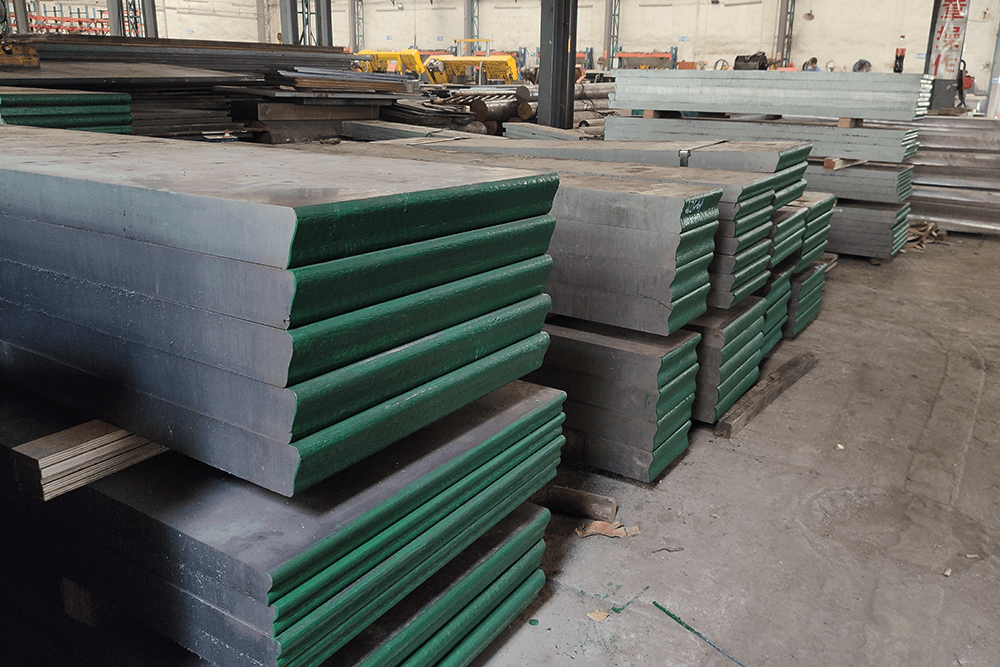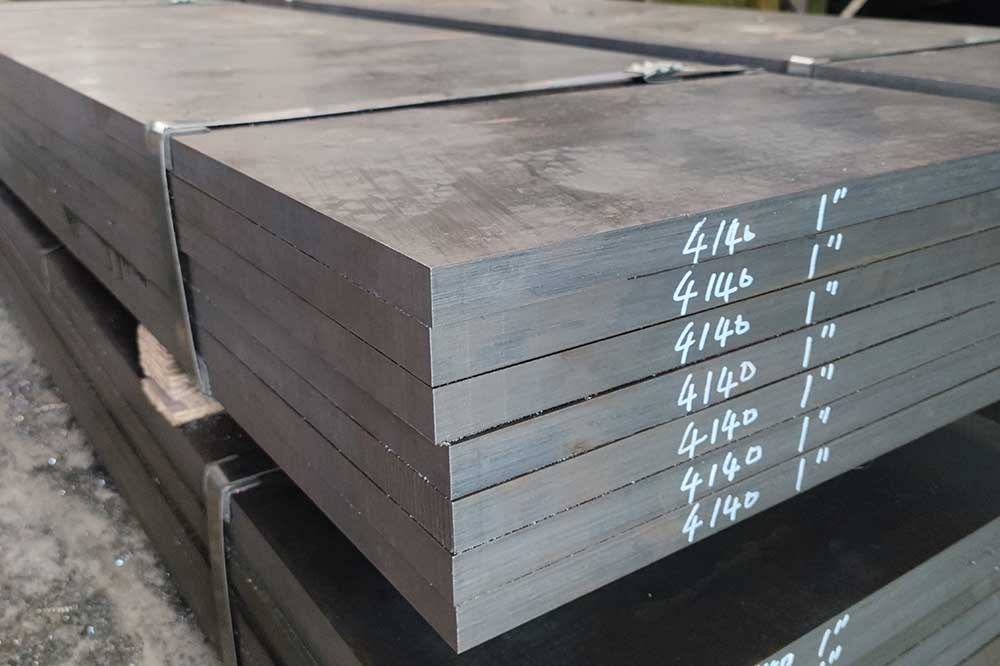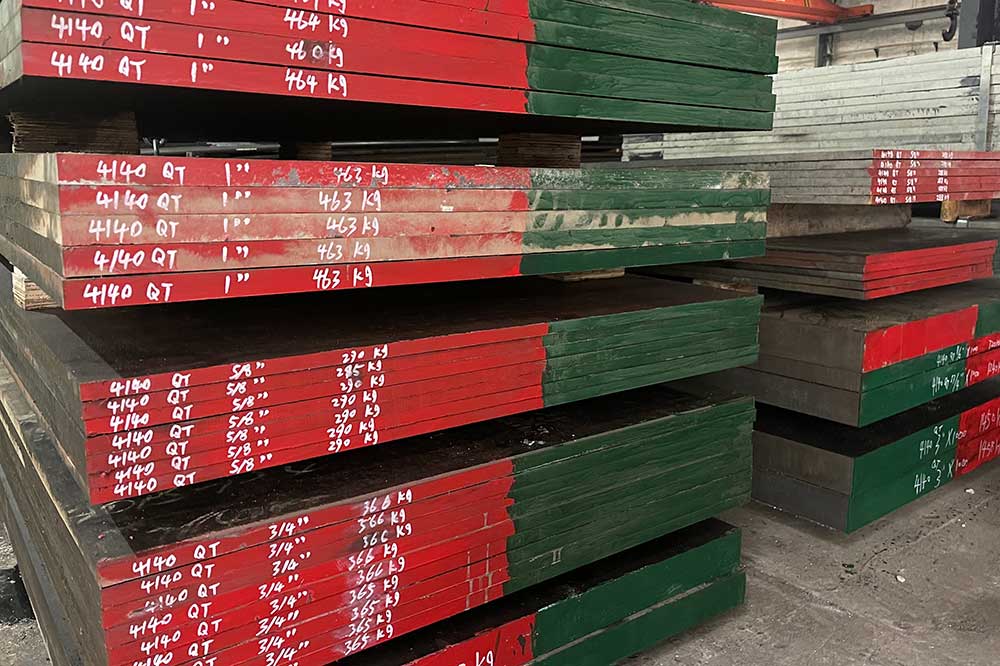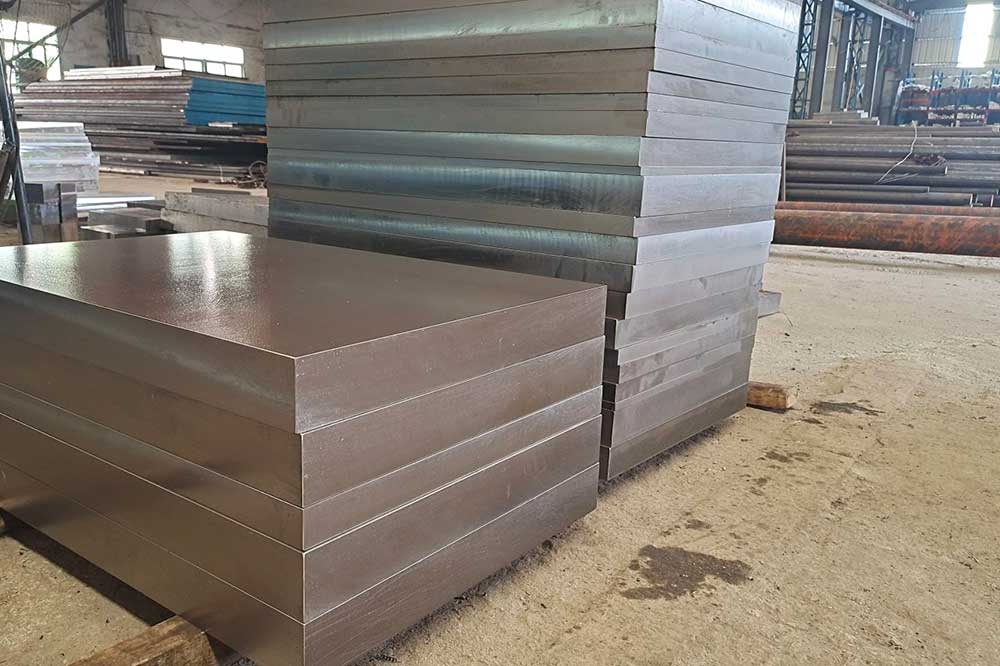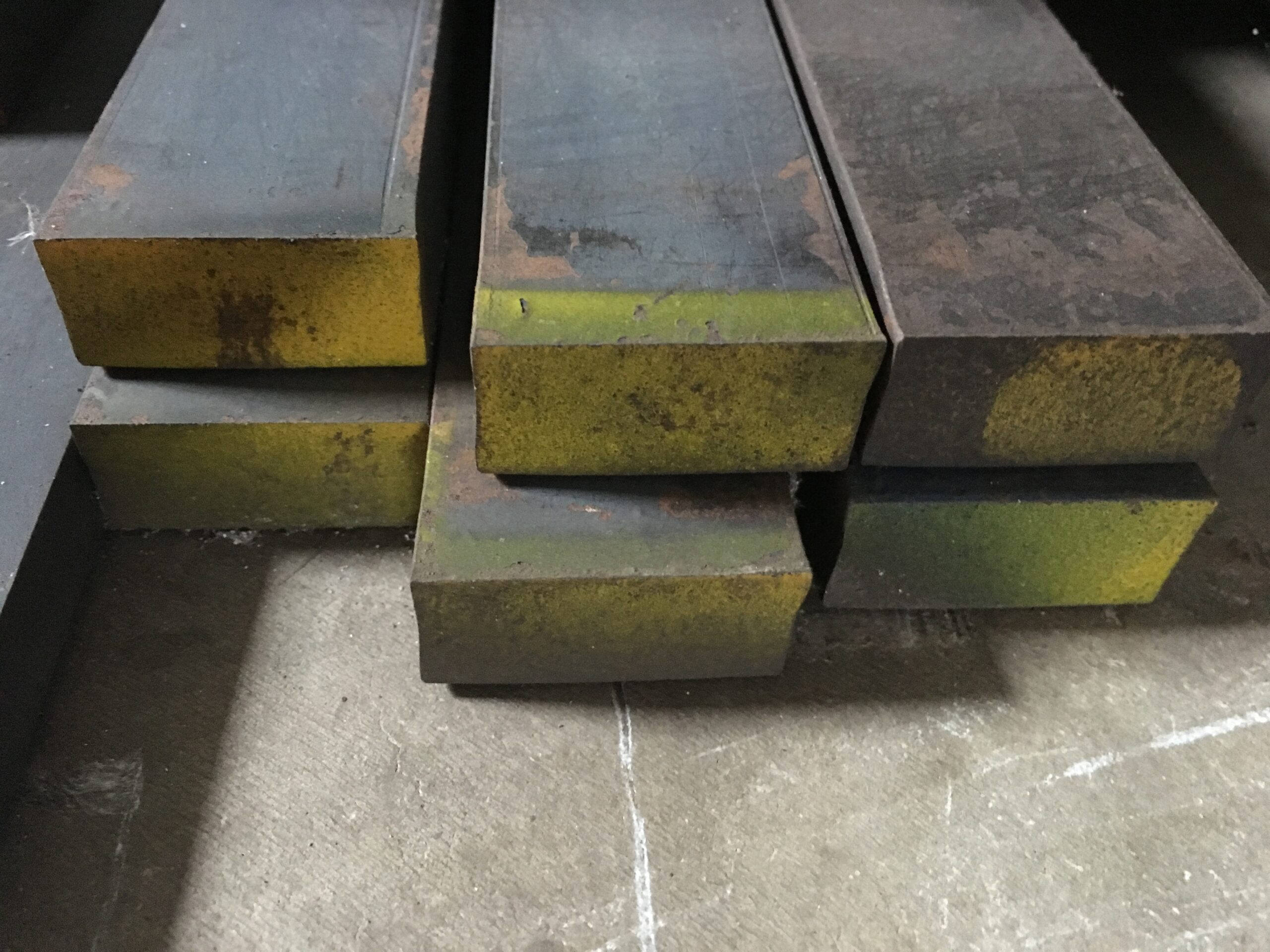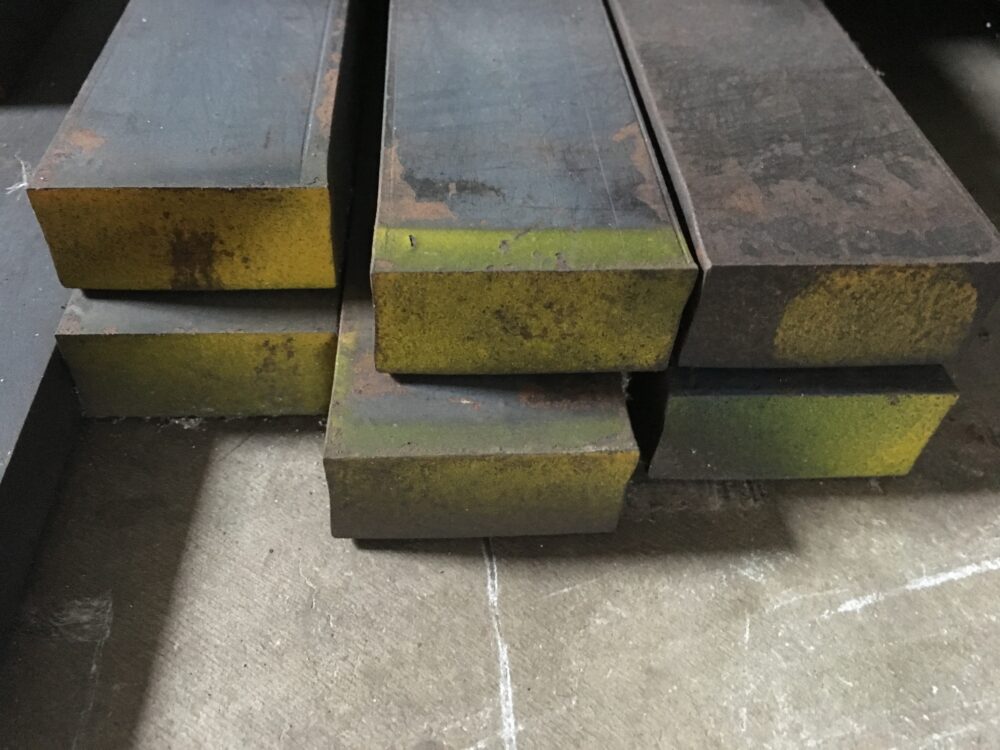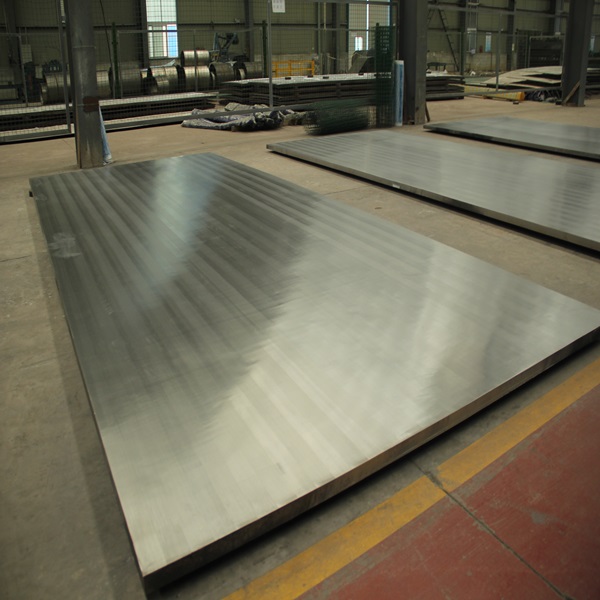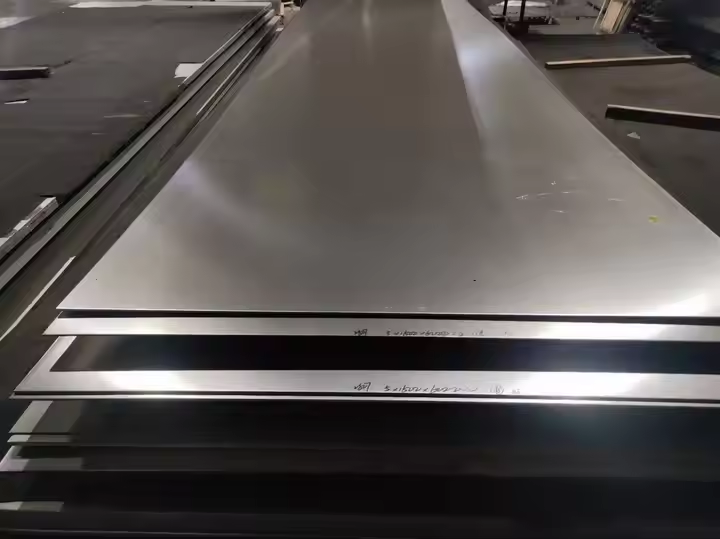| Chemistry | Content(%) |
|---|---|
| Iron, Fe | 96.745 – 97.67 |
| Chromium, Cr | 0.8 – 1.1 |
| Manganese, Mn | 0.75 – 1.0 |
| Carbon, C | 0.48 – 0.53 |
| Silicon, Si | 0.15 – 0.30 |
| Molybdenum, Mo | 0.15 – 0.25 |
| Sulfur, S | ≤ 0.04 |
| Phosphorous, P | ≤ 0.035 |
- +86 188 5310 8009
- info@northchinametal.com
- Shuntai North Road, High-tech Zone, Jinan City, Shandong Province

